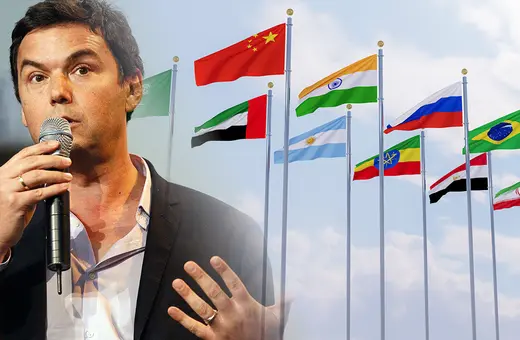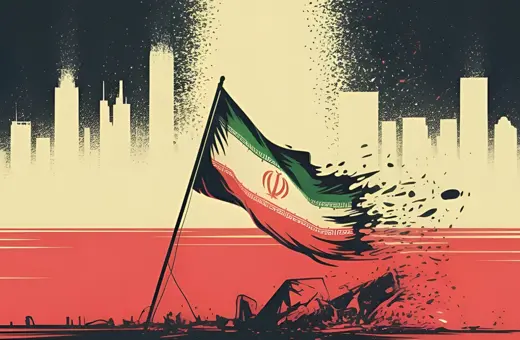Engaging in foreign policy can be morally compromising for any power. But for the Arab world's relationship with the US, where consistency is key, this usually takes the form of an adherence to values. The US is compromised as it picks and chooses its values to serve short-term goals, writes Mohammed Nosseir, such as strategic ambiguity over human rights violations in Saudi Arabia and Israel. While the permanence of Chinese and Russian governments give them an advantage when launching foreign policy projects, the US no longer has the privilege fence-sitting while its enemies make firm commitments in a multipolar world
The relationship between the Arab world and the US is transactional, meeting some needs on each side without any meaningful sharing of values or long-term goals. The shifts in foreign policy driven by American elections are part of the problem, making America an unreliable partner for Arab states. The dilemma of the US’ foreign policy is often laid in its swift change between serving its interest or abiding with its claimed values. A stance that requires the US to offer a fair and consistent approach to foreign policy that would facilitate solving some of the ongoing conflicts in the region.
The current cooperation between the two parties effectively caters to each party's needs and interests. Arab rulers need the US’s security, protecting them mainly from Iran—a status that qualifies Arab nations to meet the US interest in expanding its military sales in the Middle East. For example, Saudi Arabia, the world's second-largest importer, purchased more than three-quarters of its major weapons systems from the US. Sustaining Iranian threats means expanding US military exports to the Arab world. Meanwhile, the US has achieved energy independence; thus, Arab oil is of no value. Severing ties between the US and Arab world is no longer mutually assured economic destruction.
Although the United States has been involved in a number of political developments in the Middle East, such as building a temporary port for Gazan citizens or the Abrahamic Accord, these are fragile activities that have nothing to do with advancing peace and prosperity in the region. While Bahrain, Morocco, Sudan, and the United Arab Emirates, which have no conflict with Israel, have signed the normalization accord, the port idea has been a flop, and the US is trying to reconstruct it again.
Whereas the United States often focuses on advancing soft power and encouraging many autocratic nations to adopt democracy, its opponents often collaborate with universal nations to develop tangible projects, such as China's Build and Road Initiative and Russia's development of a new nuclear plant for Egypt. People view these projects as more feasible and long-lasting than US rhetoric. People perceive the US as the universe's technology-driven superpower, while China and Russia are more cohesive with the Arab world.
___
As the world's largest economy and superpower, the US has the capacity to implement many constructive reforms worldwide, but it is reluctant to do so.
___






















Join the conversation